Deaf Venezuelan teen's struggles in TT
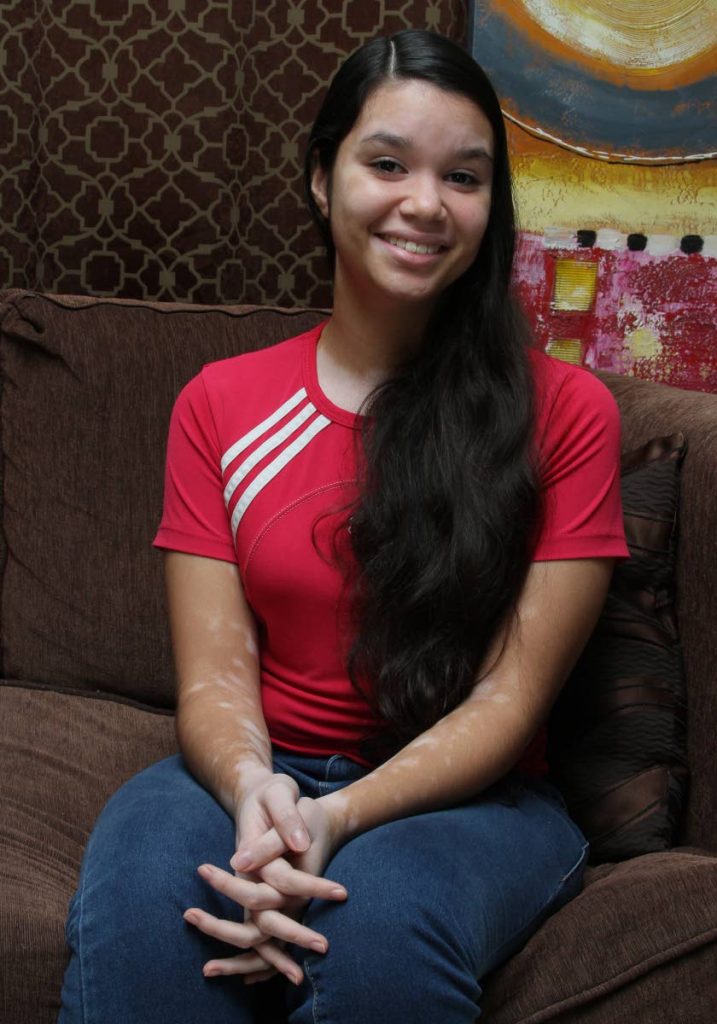
Fourteen-year-old Dubraska Anavi Bodington was born with a hearing problem and for most of her life attended schools for the hearing impaired in Venezuela. In 2015 food shortages in the South American country forced her father to bring her to TT, where, for the past two years he has been faced with a new problem – the inability to enrol his daughter in a local school.
Sunday Newsday met Charles Bodington and his daughter, who prefers be called Anavi, at a relative’s home in St James. Anavi can hear loud noises and has limited hearing with the use of hearing aid. She does not speak well because she requires more speech therapy.
In 2015 Bodington, who has dual citizenship, made the decision to return to Trinidad with his daughter. Anavi said when she first came to Trinidad it was “normal” and she enjoyed having doubles and roti. She was sad, however, because she wanted to go to school.
“I want to study for the future as I was studying in Venezuela. All my deaf friends are studying.”
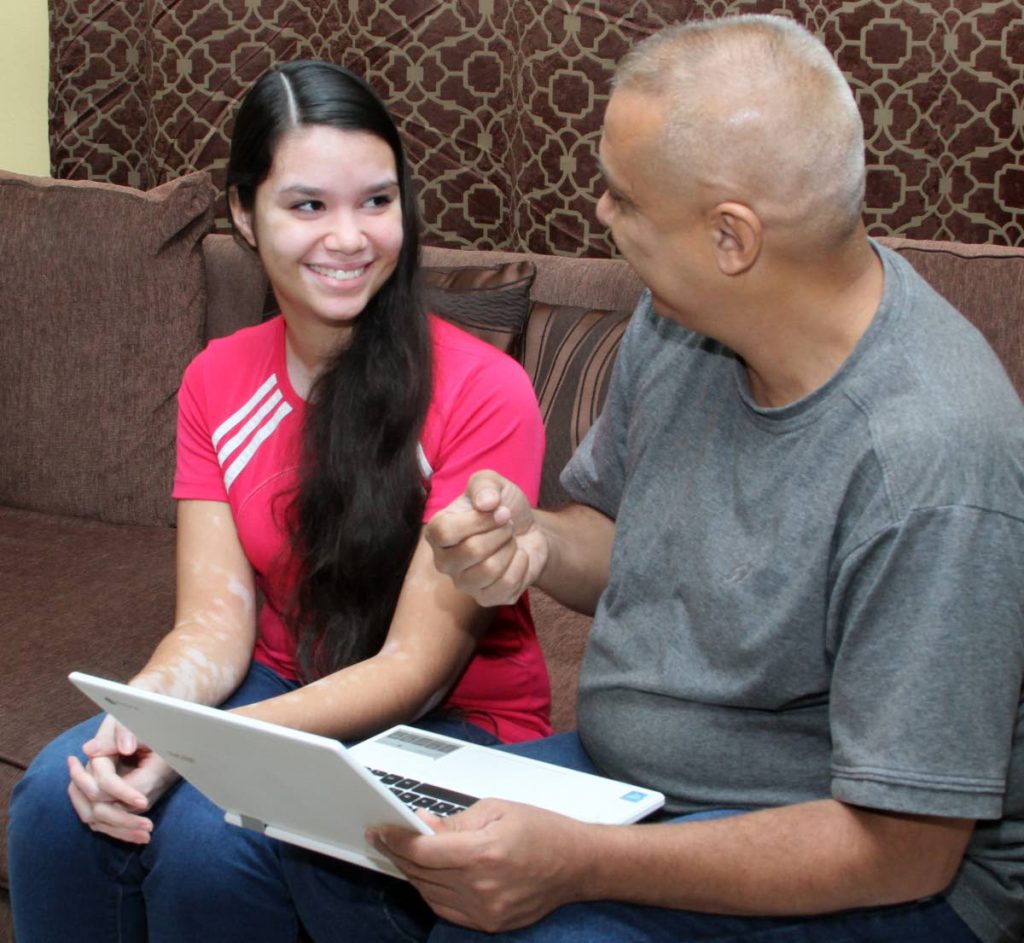
Bodington never expected when they came to Trinidad he would experience so many difficulties getting his daughter into school here. He first approached Cascade School for the Deaf and he was asked to get a list of things to enrol her, including proof of citizenship and documents from her mother giving permission for her to stay with him. Bodington said he returned to Venezuela and got the necessary legal documents, as well as her school reports translated into English. Despite this she was denied enrollement into the school.
He then sought to get her into the public school system, but to no avail. Last year he took her to Orlando, Florida to try to get her into a school there. He said initially he was told she would not need a student visa, but when they got there he was told the visa was required. They returned to TT in September 2016.
Four months ago he enrolled her at the TT Association For The Hearing Impaired - DRETCHI and she has been learning mathematics and English. Bodington told Sunday Newsday about his difficulty with getting Anavi into a school with DRETCHI. He said he was told about El Dorado West which accommodates deaf students. Anavii completed Grade 6 in Venezuela, which is equivalent to Form One locally. Bodington met with the school’s principal and Anavi’s documents were sent to the Education Ministry almost two months ago, with no response yet. “I’m fed up. If she doesn’t start school this year I don’t know what to do,” he said.
Bodington said he was especially upset because Anavi was an A student in Venezuela and she likes to study.
“Other children are not interested (in studying) and can get in school.” Anavi learned to sign in Spanish but taught herself English sign language. She also wants to learn to sign in Chinese and German because she wants to travel. Bodington said Anavi received her residency certificate in March and her dual citizenship documents are being processed.
He said she has lost two years of schooling and every day she gets messages from her Venezuelans friends about their classes.
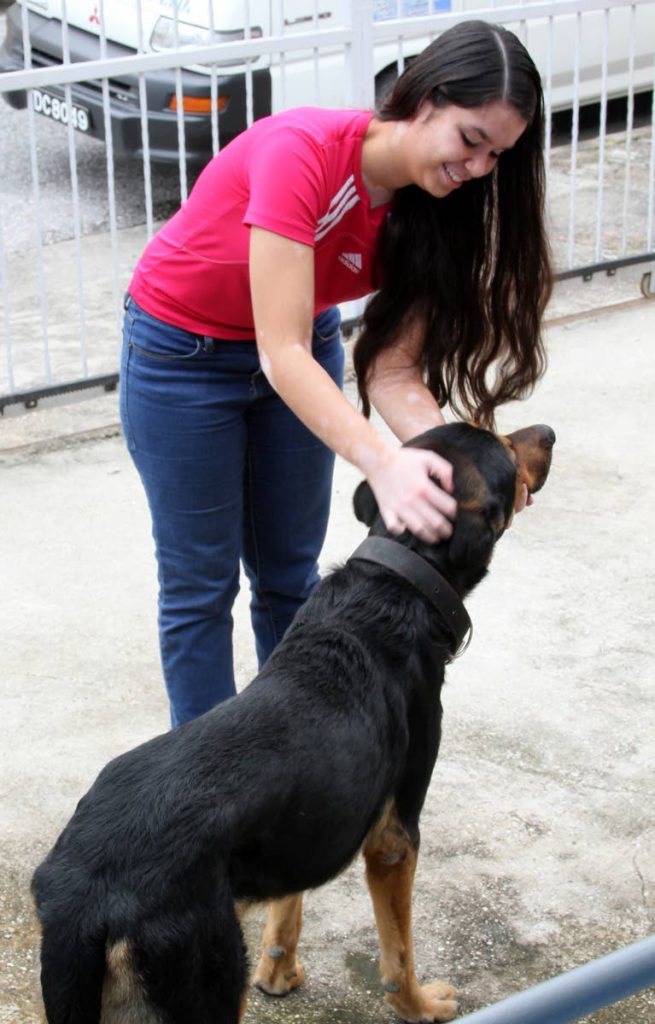
She said she is uncomfortable with the situation because she knew people in Venezuela who were 22 and still in school and she does not want to be like that.
“I’ll do anything for my daughter to go to school,” Bodington said. “I brought her here to have a future. Have a better life. A better life is education.”
Bodington recalled in 1963 his father, a mechanical engineer, received a contract to work on an electrical dam in Venezuela and he lived there until his death five years ago. Bodington was born in Venezuela and came to Trinidad to live with his grandmother. When she dies in 1988 he returned to Venezuela.
Anavi’s mother is Venezuelan but she has lived with her father from age one. When she was about two he noticed some issues with her hearing and was informed by a doctor that there was a bone in her ear that would harden as she got older and she would gradually lose more and more of her hearing.
In Venezuela Anavi attended a school for the deaf school and underwent speech therapy. She also benefitted from a range of services provided for the deaf, including free transport. Venezuela also accommodates deaf students at Universidad de Los Andes.
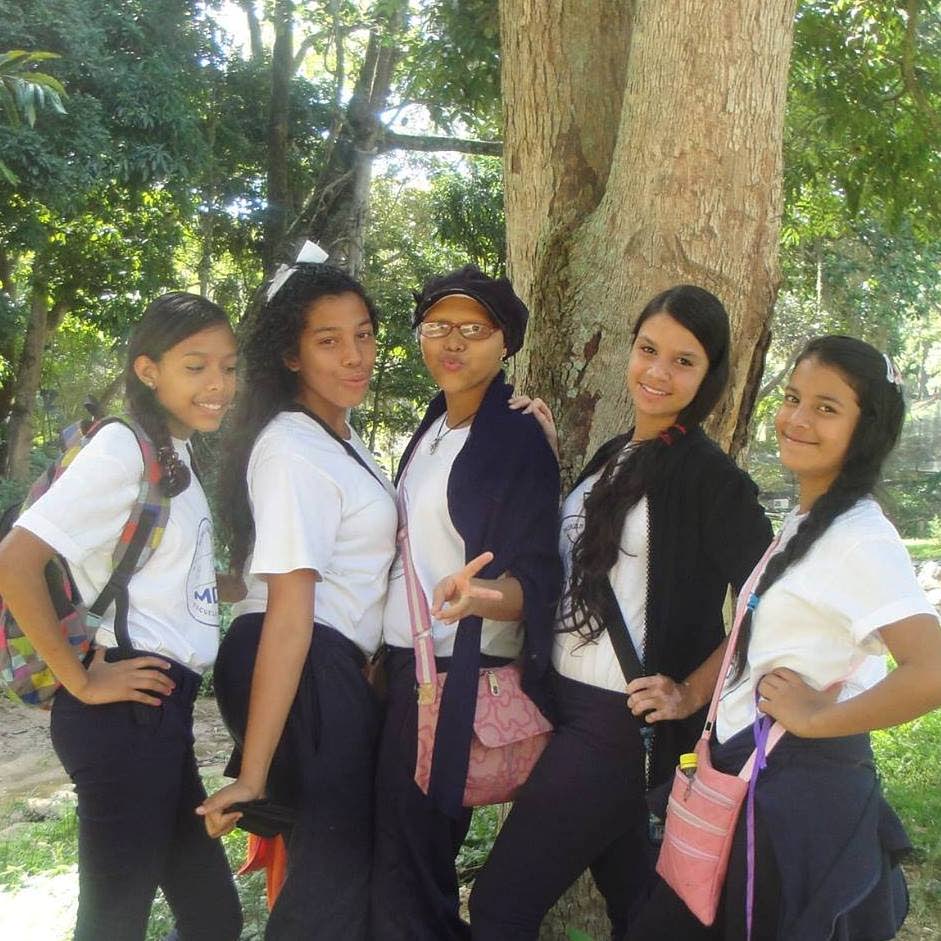
“Over there they tend to the deaf very well,” Bodington said. Anavi, who used sign language while her father interpreted, said at the schools everyone respected each other and on the streets she was treated with respect.
In Venezuela Bodington worked at banks and motels as a bilingual worker, and eventually opened a school for languages in the north-western city of Maturín. However, due to financial difficulties he had to close it down. When the food shortages began affecting Maturín, he and his daughter moved to Caracas where things were better. Bodington eventually got a job as a co-ordinator with the transport ministry and around 2013, when the food shortages in the country began to worsen, he had to buy items on the black market which exceeding his salary.
Anavi said after former Venezuelan president Hugo Chavez died in March 2013 “everything got bad.” She recalled standing in lines with her father for food items. Bodington said he would go by himself one day to get food and on another day he would go with Anavi because she would get a little extra. Bodington recalled they would be in lines for five hours, and at times when they reached inside the grocery the items were not available. Some people would spend 12 hours in a line and some would even camp the day before.
At the time there were special lines for the disabled and the elderly, but he believes that has since been phased out. He described the current state of Venezuela as “really sad.” He said Anavi wanted to go back and continue studying but everything is different now.
Anavi said since she left some of her friends have been died - one was shot by police; one was shot while in a line for food; one was ill and was standing in a line for medicine but was shot by military police; another girl died because she could not get medicine to treat her condition; and another was killed during a protest.
“I saw on the news and I started crying.”
Anavi said she liked Trinidad because she feels free and she did not feel free in Venezuela. She hopes, however, that things will improve so she can return on holidays and also study computer science at university level.
Asked to compare this country to Venezuela on its treatment of the deaf community Anavi said Chavez helped a lot of deaf people but President Nicolás Maduro “not helping anyone”. Trinidad, she said, “does not help the deaf.”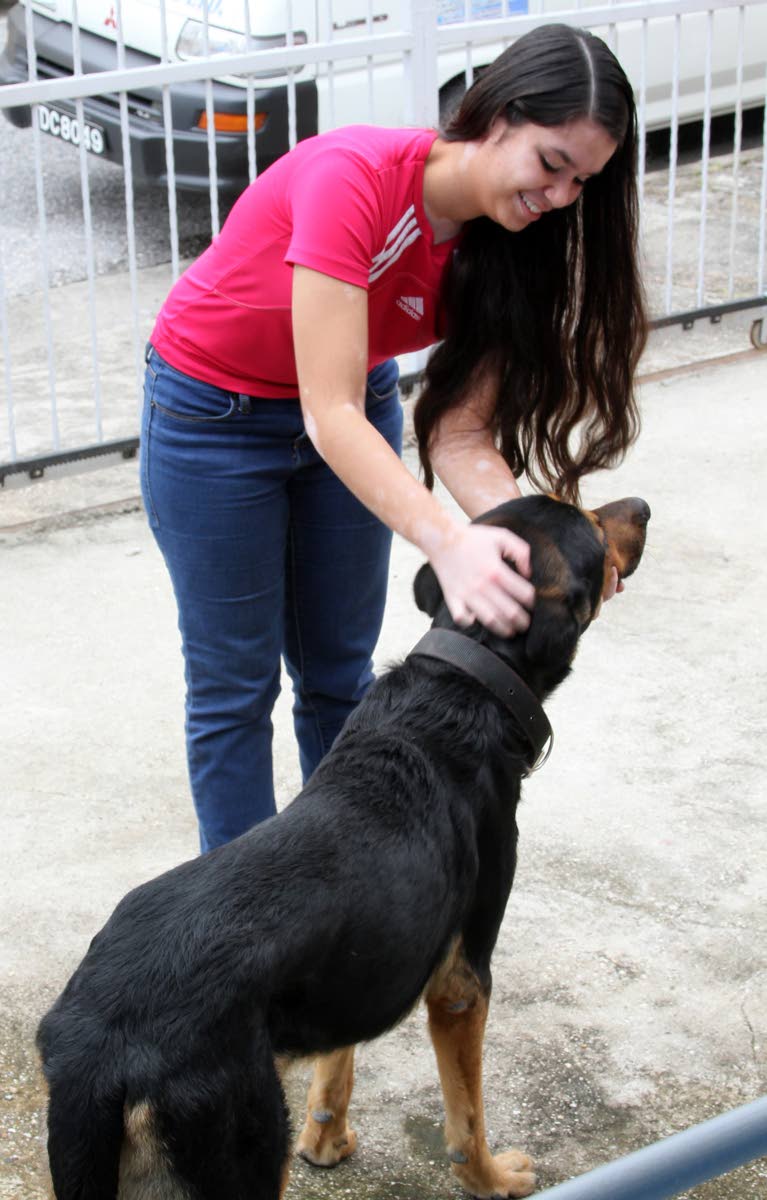


Comments
"Deaf Venezuelan teen’s struggles in TT"